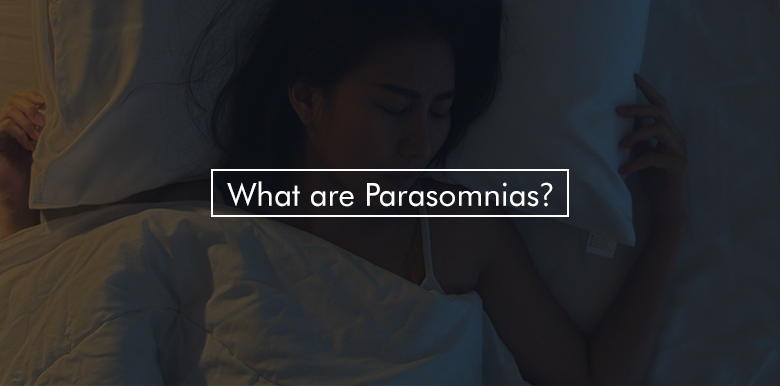Parasomnia are types of disturbing disorders that can happen just before you fall asleep or while you’re sleeping.
If you break down the word “parasomnia,” you get “para,” which can mean abnormal or incorrect, “somnia,” which, of course, means sleep. Indeed, something is not normal or correct with the sleep of a parsomnia sufferer.
Parasomnias includes:
1. Nightmares
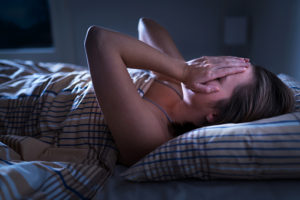
Nightmares
Nightmares are vivid dreams that can cause fear, terror, and anxiety. They might make you wake suddenly and have a hard time getting back to sleep. You’ll probably remember the episode in detail. Many things can cause nightmares, including illness, anxiety, the loss of a loved one, or reactions to a medication. Talk to your doctor if you have nightmares more than once a week or if they keep you from getting a good night’s sleep for a long time.
2. Sleepwalking

Sleepwalking
Sleepwalking is when you’re moving around and look awake but are actually asleep. You won’t remember it the next day. Sleepwalking is most common during a stage called deep non-rapid eye movement (non-REM) sleep early in the night. It can also happen during REM sleep in the early morning. This parasomnia mostly happens in children between ages 5 and 12. It tends to stop as children enter the teen years.
Sleepwalking tends to run in families. It’s not dangerous to wake a sleepwalker, but they might be confused when they wake up. Sleepwalking itself can be risky because the person isn’t aware of where they are and can fall or bump into things.
3. Sleep Talking
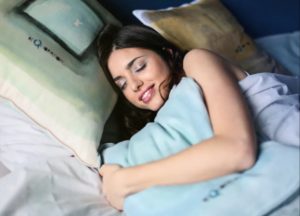
Sleep talking
Sleep talking is a sleep-wake transition disorder. This parasomnia usually isn’t dangerous but can disturb bed partners or family members. Sleep talking can involve simple brief sounds or long speeches. The talker probably won’t remember doing it. Things like fever, emotional stress, or other sleep disorders can cause sleep talking.
4. Nocturnal Leg Cramps

Nocturnal Leg Cramps
Nocturnal leg cramps are sudden, uncontrolled muscle contractions during rest. They usually happen in your calves. The cramping feeling may last from a few seconds to 10 minutes, but the pain may linger.
Nocturnal leg camps often happen in middle-aged or older people, but anyone can have them. They’re different from restless legs syndrome, which usually doesn’t involve cramping or pain.
5. Sleep Bruxism (Teeth Grinding)
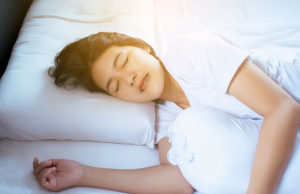
Sleep Bruxism (Teeth Grinding)
Bruxism is when you grind or clench your teeth severely while you sleep. It may happen along with other sleep disorders. This parasomnia can cause dental problems including unusual wear on your teeth or discomfort in your jaw muscles. Your dentist can probably give you a night guard to wear over your teeth while you sleep so they don’t grind against each other.
6. Exploding Head Syndrome

Exploding Head Syndrome
People who have this parasomnia think they hear a loud noise, like a bang or an explosion, just before they fall asleep or wake up. Some may think they’re having a stroke. Getting more sleep can help prevent it.
7. Night Terrors
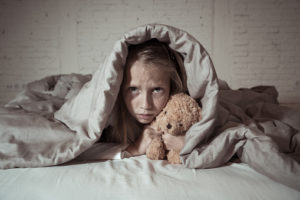
Night Terrors
Night terrors, also called sleep terrors, are similar to nightmares but usually happen during deep sleep. They cause you to wake suddenly, feeling terrified and confused. You can’t talk and won’t respond to voices. You might not seem fully awake.
People who have night terrors can be a danger to themselves or other people because of body movements that they can’t control.
